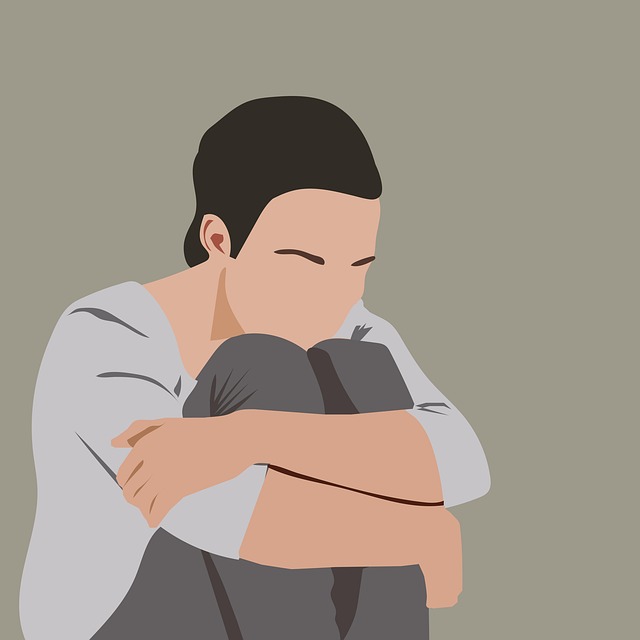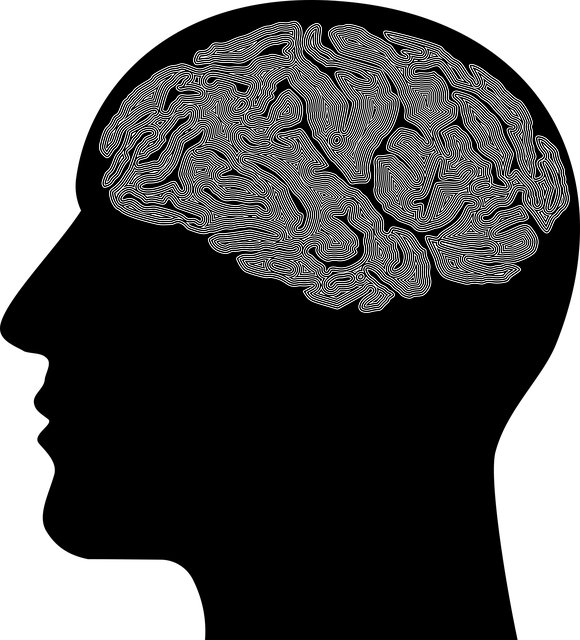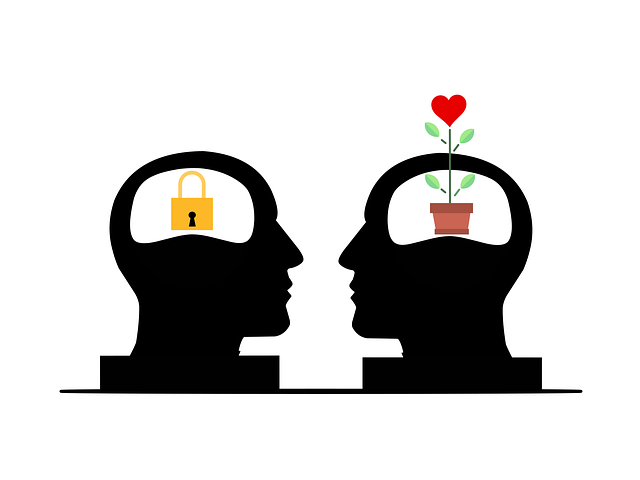Mindfulness meditation is a core component of Littleton Chronic Pain Therapy, teaching individuals to be present and non-judgmental, thereby reducing pain intensity. Effective practice requires dedicated time slots and a quiet, relaxing space. This preparation is vital for managing chronic pain, improving well-being, and reducing stress. Combining mindfulness with therapy offers tools for emotional balance, enhanced social skills, and deep self-connection. Integrating activities like deep breathing and mindful eating into daily routines creates a holistic self-care approach that addresses both physical and emotional health in Littleton.
“Unwind and embrace a holistic approach to managing chronic pain with mindfulness meditation, a powerful tool gaining traction in Littleton Chronic Pain Therapy. This comprehensive guide delves into the art of mindfulness, offering insights on how to navigate through stress and pain. From understanding the basics for beginners to advanced techniques, we explore strategies to create a peaceful mind and body connection. Discover practical tips on preparing your space and cultivating a consistent practice, ultimately integrating mindfulness into daily life for sustained healing.”
- Understanding Mindfulness Meditation for Chronic Pain Relief
- Preparing Your Mind and Space for Effective Practice
- Techniques to Master During Your Meditation Sessions
- Integrating Mindfulness into Daily Life for Sustained Healing
Understanding Mindfulness Meditation for Chronic Pain Relief

Mindfulness meditation has emerged as a powerful tool for managing chronic pain, making it an essential component of Littleton Chronic Pain Therapy. This ancient practice focuses on training the mind to be fully present in the current moment, non-judgmentally. By cultivating awareness of one’s thoughts, emotions, and bodily sensations, individuals can learn to detach from negative thought patterns associated with pain, reducing its intensity and impact.
Incorporating mindfulness into daily routines, such as through guided meditations or mental wellness podcast series production, facilitates emotional healing processes. It empowers individuals to develop a deeper understanding of their pain triggers and responses, enabling more effective stress management. This holistic approach not only provides relief from physical discomfort but also enhances overall mental wellness by promoting relaxation, reducing anxiety, and fostering a sense of calm.
Preparing Your Mind and Space for Effective Practice

Creating a mindful meditation practice requires preparing both your mind and space. Start by setting aside dedicated time each day for your practice, establishing a routine that becomes as much a part of your day as brushing your teeth. Choose a quiet location where you can be undisturbed, free from the distractions of technology or household chores. This could be a corner of your bedroom, a peaceful garden spot, or even a small corner table in a serene room.
Transforming your space into a sanctuary for mindfulness can significantly enhance your experience. Incorporate elements that promote relaxation and focus, such as soft lighting, soothing scents, or meaningful objects that inspire calmness. In the context of Littleton Chronic Pain Therapy, this preparation becomes even more crucial, as it allows individuals to navigate the challenges of chronic pain with heightened awareness and a sense of control, ultimately contributing to improved well-being and reduced stress levels. Consider these steps as you embark on your mindfulness journey: boost your confidence in managing anxiety through regular practice, and embrace cultural sensitivity in mental healthcare practices for a more inclusive and effective experience.
Techniques to Master During Your Meditation Sessions

Mastering mindfulness meditation involves several techniques that can profoundly impact your overall well-being, especially when combined with Littleton chronic pain therapy. During each session, focus on your breath as a grounding anchor. Notice the sensation of air flowing in and out, allowing thoughts to come and go without judgment. This practice strengthens your ability to stay present, which is crucial for managing chronic pain and preventing depression.
Additionally, cultivate non-judgmental awareness of your body’s physical sensations and emotional states. Observe tension or discomfort without reacting or trying to change them immediately. Instead, acknowledge their presence and let them be, redirecting your focus back to your breath when necessary. These techniques promote emotional well-being promotion and can enhance social skills training by fostering a deeper connection with yourself and, subsequently, others.
Integrating Mindfulness into Daily Life for Sustained Healing

Integrating mindfulness into daily life is a powerful strategy for sustained healing, particularly for those managing chronic pain in Littleton or any other setting. Beyond formal meditation sessions, small, consistent practices can make a significant difference. Engaging in mindful activities like deep breathing exercises during moments of stress, mindful eating by focusing on sensory experiences while dining, or even taking a few minutes each day to reflect upon and appreciate the present surroundings, can foster mental wellness. These practices promote a sense of calm and groundedness, helping to alleviate the psychological burden often associated with chronic pain.
For individuals seeking holistic healing approaches, combining these mindfulness techniques with journaling exercises or public awareness campaigns around burnout prevention for healthcare providers can create a comprehensive self-care routine. Regularly documenting thoughts and feelings in a mental wellness journal encourages introspection and emotional processing, while engaging in such campaigns raises awareness about the importance of self-preservation and resilience among caregivers. This holistic integration supports sustained healing by addressing both physical and mental aspects of well-being.
Mindfulness meditation offers a powerful tool for managing chronic pain, as evidenced by various studies and practices like Littleton Chronic Pain Therapy. By understanding its benefits, preparing your mind and space, mastering techniques, and integrating mindfulness into daily life, you can achieve sustained healing and improved quality of life. Regular practice allows individuals to develop a deeper connection with their bodies, fostering resilience against pain and promoting overall well-being. Embrace this journey towards a calmer, more focused state, and discover the transformative power of mindfulness meditation for your chronic pain relief.














